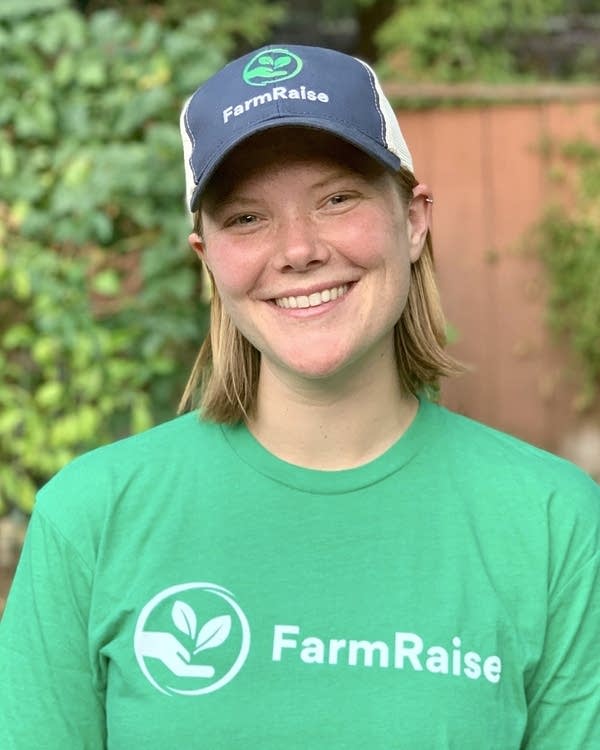Show Me the Money: New Ideas in Ag Finance

Show Me the Money: New Ideas in Ag Finance
By Laurie Stern
More incentives are becoming available to help farmers go regenerative or organic.
A pair of startups aims to add to that momentum, albeit in very different ways. On this episode of Field Work, hosts Mitchell Hora and Zach Johnson talk money with the founders of two startups — Sami Tellatin of FarmRaise and Robyn O’Brien of rePlant Capital. The founders of both new companies told Field Work they will represent farmers in building better field-to-market systems. Here’s a closer look at both of them.
FarmRaise
Founder Sami Tellatin met her partner Jayce Hafner in Stanford’s Graduate School of Business. They had a common goal: to help farmers access funding that encourages soil health. Together, they founded FarmRaise, a one-stop shop to help farmers apply for loans and grants for which they’re qualified.

“Paperwork is the biggest headache,” Sami Tellatin told Field Work hosts Zach Johnson and Mitchell Hora. “We've combined all the paperwork for these programs into one application module.”
When farmers log on to FarmRaise, they are asked to fill out a short questionnaire. Then they’re matched with an advisor who can help them unlock the funding that fits their profile. FarmRaise will even submit the paperwork.
“The right capital can really help farmers innovate, try new things like soil health practices and invest in their natural resources,” Tellatin said. “ If you're beholden to paying back loans on your equipment, then you can't really make a decision to invest elsewhere on the farm in a way that might make you more profitable.”
So far, FarmRaise has heard from young farmers just starting out, urban growers interested in hydroponics or vertical farming, and established farmers who want funding to diversify. Applicants can get matched with federal grants for free — or they can pay as little as $10 a month for personalized service. FarmRaise offers a variety of other services, too — from business planning to grant writing.
The idea is both simple and ambitious. The founders hope their company will help revitalize farm communities nationwide.
“As we think about what vital farming communities really are, they are profitable,” Tellatin said. They're economically viable, ecologically resilient and they're equitable.”
rePlant Capital
rePlant has similar goals to FarmRaise, but its contribution is cash. rePlant raises money to invest in farmers making the transition to regenerative or organic practices. The company wants to ease the vicious cycle of debt and yield, focusing instead on profitability and making food healthier.

Robyn O’Brien is a longtime financial analyst and a founder of rePlant Capital. She told Field Work hosts Mitchell Hora and Zach Johnson that farmers should be treated like CEOs of multinational food companies, because that’s what they really are.
Let’s “reposition the career of farmer in our society to the level of recognition that it rightfully deserves,” O’Brien said. She said she wants to rebuild the economic structure around that career so that “young people are really excited to go into farming.”
Danone North America is an early partner with rePlant. Danone is providing $20 million in low-interest loans to farms becoming more sustainable — and shoring up its supply chain through long-term contracts with dairy farmers who use regenerative practices.
“Farmers are waking up to the fact that they suffered profitability for yield,” O’Brien said. “What does it look like if a farmer's compass is pointed towards profitability?”
O'Brien says rePlant is aiming to raise $2 billion dollars by 2030, a small but significant part of the $700 billion she says it would take to reform the U.S. farm system. “You cannot fix a broken food system or a broken farm system with a broken financial system,” she said.
She said she hopes rePlant can model a new way forward. The way it is, food companies rely on their manufacturers. A reformed system would make sure the companies know their farmers, too.
Photo at top: Roman Synkevych via Unsplash